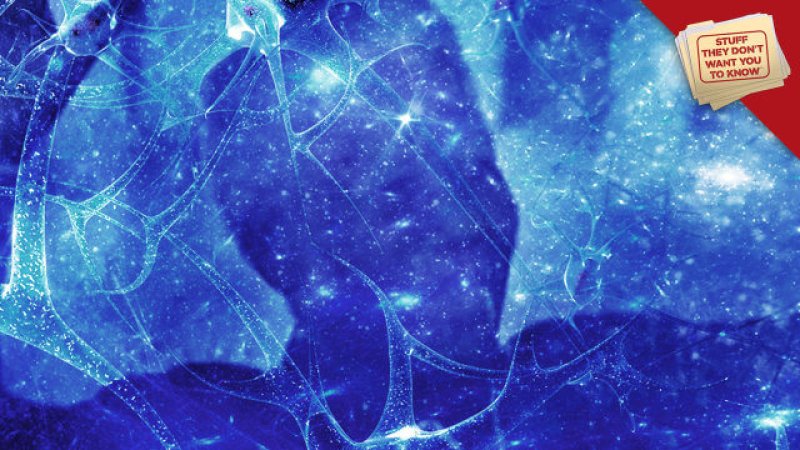If you follow unusual theories online, you’ve probably heard of the Mandela Effect. It’s a phenomenon in which a large group of people remembers a different history than that which we “know” to be true. I put “know” in quotes because of the underlying questions that the Mandela Effect raises about the nature of reality, memory, and timelines.
The term was coined by blogger Fiona Broome in 2009, after hearing many stories of people who “remembered” Nelson Mandela dying in prison in the 1980s. A quick internet search will tell you that Mandela won the Nobel Peace Prize in 1993, went on to become the first President of South Africa after apartheid ended in 1994, and died in 2013. At least in our timeline.
…
By classifying different examples of the effect, we can narrow down the cases where there might be a reasonable, trivial explanation versus the cases where simple misremembering is not enough to explain what a large group of people remember. By delving into this in a serious way, we can learn more about human consciousness and possibly more about the strange, mysterious universe that surrounds us.
Read full, original post: Is the ‘Mandela Effect’ Science, Science Fiction, or Mass Delusion?































